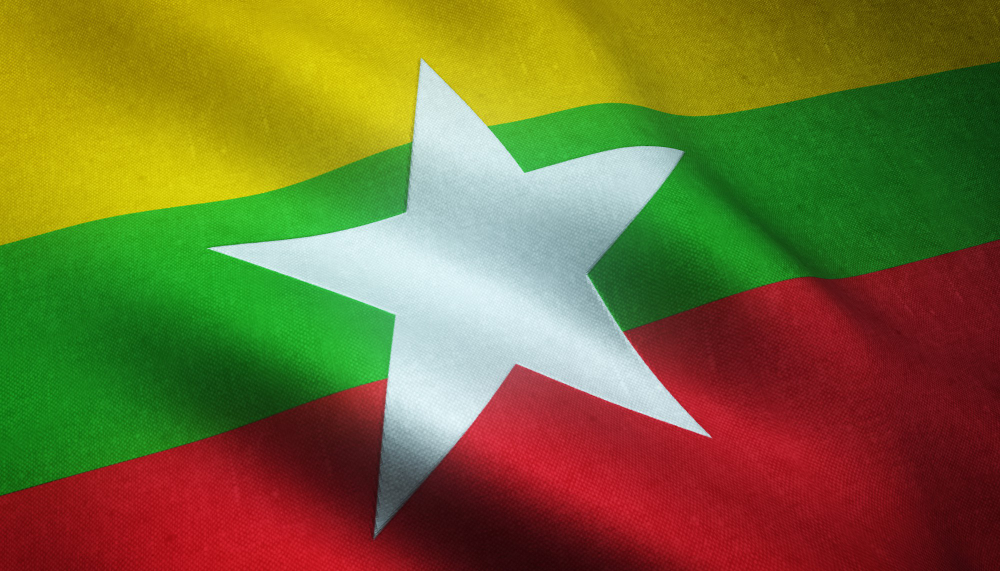Myanmar/Burma: EU lists three individuals and one entity responsible for scam operations entailing serious human rights violations and threatening the peace, security and stability of Myanmar and the region

The Council today approved additional restrictive measures against three persons and one entity associated with the Myanmar military junta, and responsible for scam operations based in the country, which are targeting both the Myanmar population and citizens from other countries in the region.
The EU is listing Chit Linn Myaing Group (CLM) and its founder and former chairman Colonel Saw Chit Thu. CLM is a group of companies that is involved with and profits financially from activities in scam compounds in the area of Myawaddy township on the Thai-Myanmar border, including the city of Shwe Kokko. The latter is a hub for transnational crime, including online fraud, drug and human trafficking, and is experiencing massive human rights violations, including forced labour and torture. Furthermore, CLM is closely associated with the Tatmadaw (Myanmar Armed Forces), with whom it collaborates, for example by informing the Tatmadaw about opponents of the government and by forcefully recruiting soldiers.
Together with Saw Chit Thu, Lieutenant Colonel Mote Thun, and Major Tin Win are also listed today.
Lieutenant Colonel Mote Thun is a founding member and the Deputy Secretary General of the Karen/Kayin Border Guard Forces (BGF)/Karen National Army (KNA), an armed group affiliated with the Tatmadaw, which is particularly powerful in the South of Myawaddy, where numerous scam centres are located. Major Tin Win is a direct subordinate to Colonel Saw Chit and, under his direct command, he has supported and benefited from scam compounds near Myawaddy, such as Shwe Kokko, the KK Park Project, and the Huanya Project.
Today’s decision shows the EU’s determination to address the growing threat of scam operations in Myanmar, which entail serious human rights violations and are increasingly threatening the peace, security and stability in the country and the region.
With these new listings, a total of 106 people and 22 entities are now subject to an asset freeze and the provision of funds or economic resources, directly or indirectly, to them or for their benefit, is prohibited. In addition, a travel ban to the EU applies to the natural persons listed.
These restrictive measures come in addition to the withholding of EU financial assistance going directly to the government and the freezing of all EU assistance that may be seen as legitimising the junta.
The EU remains deeply concerned by the continuing escalation of violence in Myanmar and the evolution towards a protracted conflict with regional implications. The EU condemns the continuing grave human rights violations by the Tatmadaw, including torture, sexual and gender-based violence, the persecution of civil society actors, human rights defenders and journalists, and attacks on the civilian population, including ethnic and religious minorities.
The relevant legal acts have been published in the Official Journal of the European Union.
Background
In February 2021, the Council adopted conclusions condemning in the strongest terms the military coup carried out in Myanmar.
On 31 January 2023, the High Representative issued a declaration on behalf of the EU strongly condemning the overthrow of Myanmar’s democratically elected government by the Tatmadaw in blatant violation of the will of the people as expressed in the general election of 8 November 2020. This illegitimate act reversed the country’s democratic transition and led to disastrous humanitarian, social, security, economic and human rights consequences.
The Council has imposed restrictive measures against those responsible for the military coup staged in Myanmar on 1 February 2021, and the subsequent military and police repression against peaceful demonstrators in March, April and June 2021, February and November 2022, February, July and December 2023.
Other EU restrictive measures remain in place: the embargo on arms and equipment, as well as the export restrictions on equipment for monitoring communications, which might be used for internal repression, the export ban on dual-use goods for use by the military and border guard police, and the prohibition of military training and cooperation with the Tatmadaw.
Today, the UK and Canada have also announced new sanctions on the Myanmar military and their associates.
